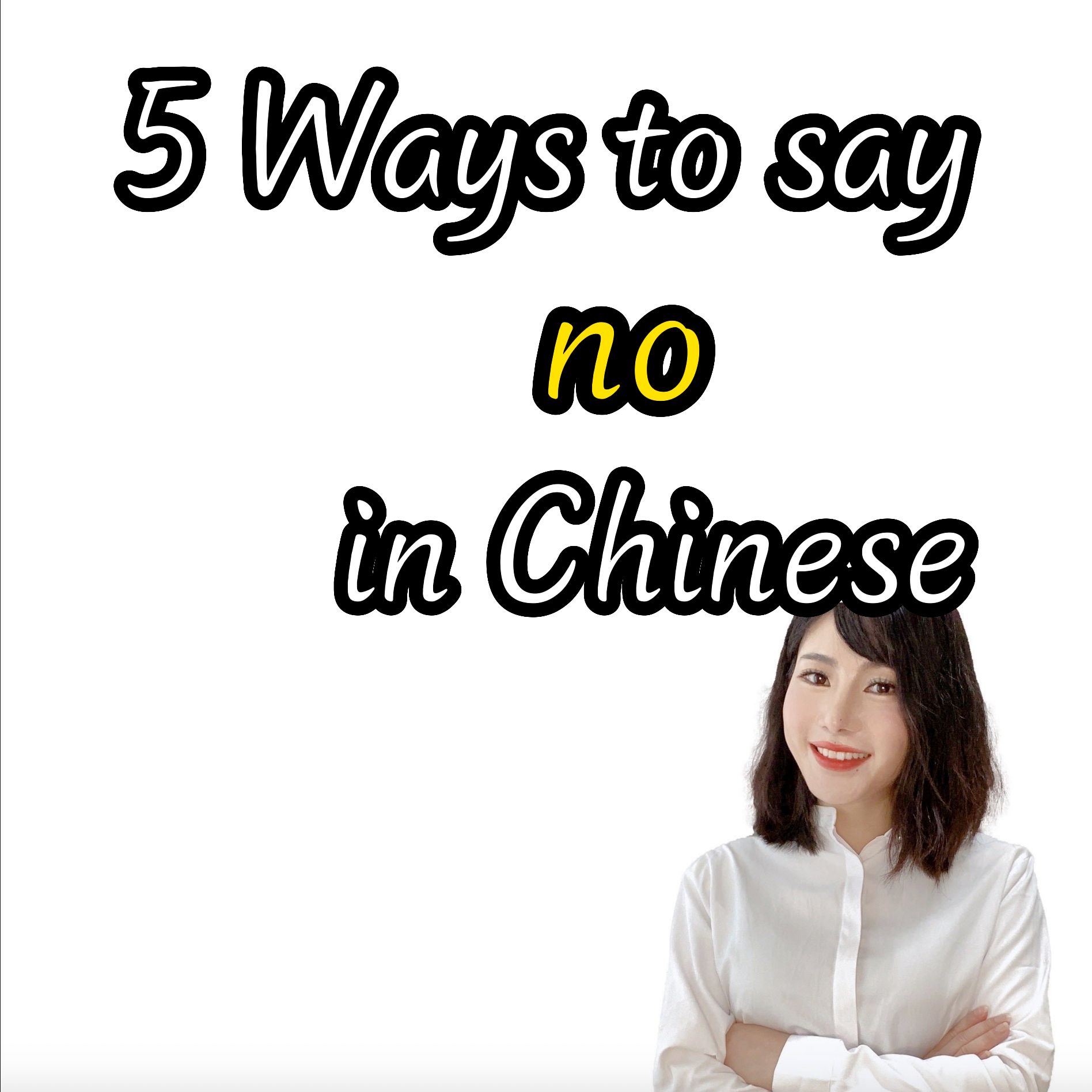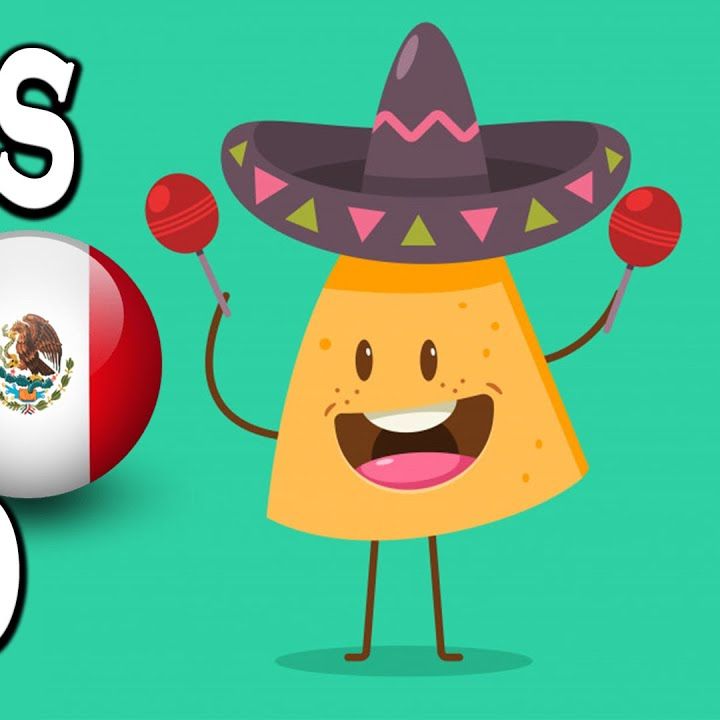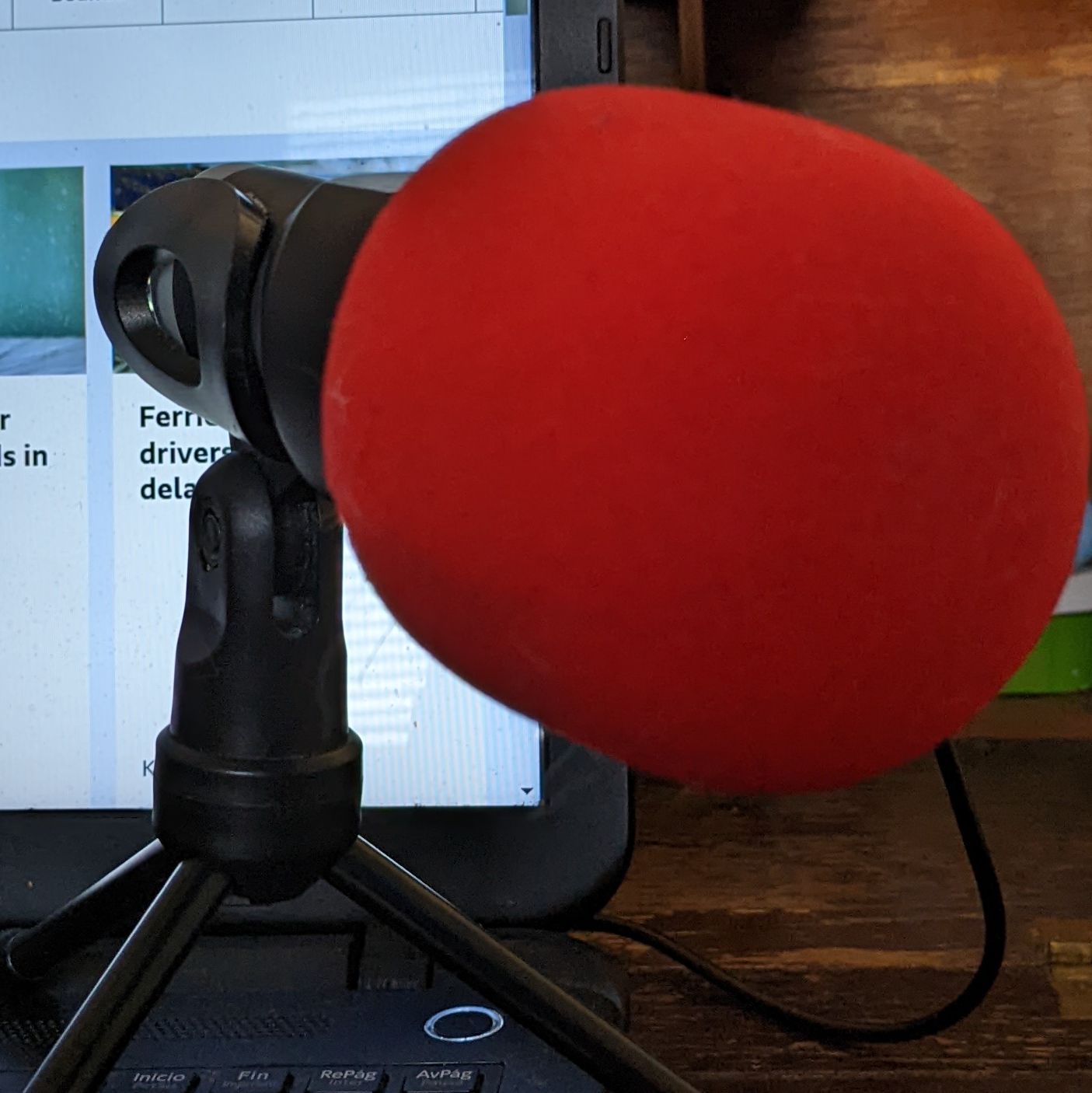
5 ways to say "no" in Chinese
Description
Here are five simple expressions to say "no" in Chinese with simple examples:
1. 不 (bù) - This is a simple and common way to say "no" in Chinese. It can be used in a variety of contexts and is a general negative word.
Example:
A: 你喜欢苹果吗? (nǐ xǐ huān píng guǒ ma?) (Do you like apples?)
B: 不 (bù) (No)
I normally don’t answer people with just a simple 不 to say no, because it sounds rude. But if you are in a fight with someone, I guess it is a good language tool.
2. 不要 (bù yào) - This phrase means "don't want" or "don't." It can be used to say "no" in a more polite or indirect way.
Example:
A: 吃蛋糕吗? (chī dàn gāo ma?) (Do you want to eatcake?)
B: 不要,谢谢。 (bù yào, xiè xiè) (No, thank you.)
3. 不行 (bù xíng) - This phrase means "can't" or "not allowed." It can be used to say "no" in a more formal or assertive way.
Example:
A: 你能给我五块钱吗? (nǐ néng gěi wǒ wǔ kuài qián ma?) (Can you give me five dollars?)
B: 不行,我没有五块钱。 (bù xíng, wǒ méi yǒu wǔ kuài qián) (No, I don't have five dollars.)
5. 不可以 (bù kě yǐ) - This phrase means "cannot" or "not allowed." "不可以" (bù kě yǐ) is often used to indicate that something is not allowed or not permitted.
Example:
A: 妈妈,我能去朋友家玩吗? (mā ma, wǒ néng qù péng you jiā wán ma?) (Mom, can I go to my friend's house to play?)
B: 不可以,你还没有完成你的作业。 (bù kě yǐ, nǐ hái méi yǒu wán chéng nǐ de zuò yè) (No, you have not finished your homework yet.)
Chaîne de podcasts
Five Ways to Say XXX in Chinese
Auteur
Alison/珊梅Enseignant professionnelTous les épisodes

A festa de aniversário

Slow German Podcast for Beginners / Episode 46 Spielzeug (A1-B1)

فن اللامبالاة/ the art of indifferece ✋

to ask VS to axe

Twins

[EP088]日本の大学受験 | University Entrance Exams in Japan

CHISTES NAVIDEÑOS.

To Prop Up
Épisodes populaires

Histórias curtas em português básico
A festa de aniversário

Learngermanwithfalk
Slow German Podcast for Beginners / Episode 46 Spielzeug (A1-B1)

Levantine Dialect (Level 2)
فن اللامبالاة/ the art of indifferece ✋

The Jerome Meadows Experience
to ask VS to axe

Enjoy our journey and Speaking English
Twins

Nihongo Hiyori | Japanese Podcast
[EP088]日本の大学受験 | University Entrance Exams in Japan

CHISTES MEXICANOS
CHISTES NAVIDEÑOS.

Teacher Joseph's Podcast
To Prop Up